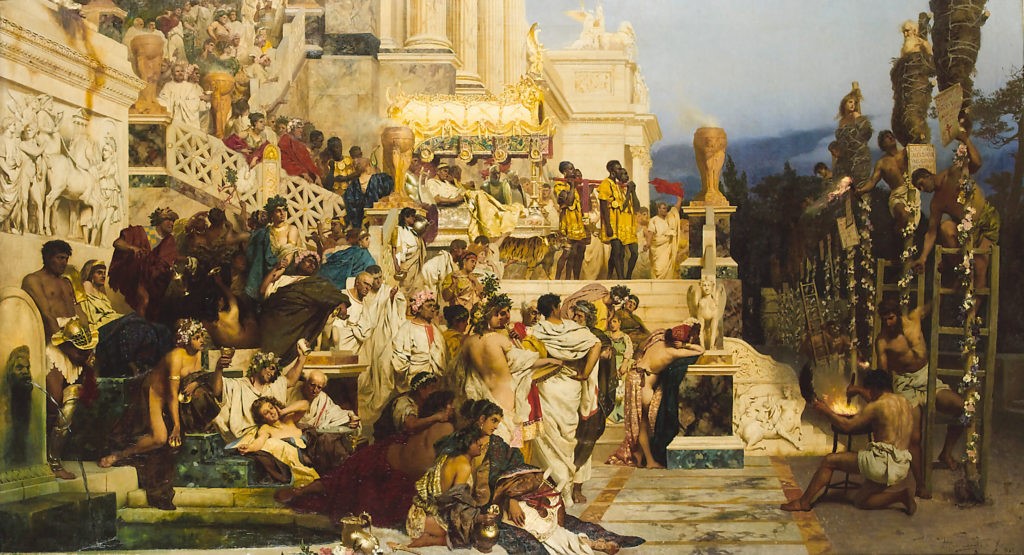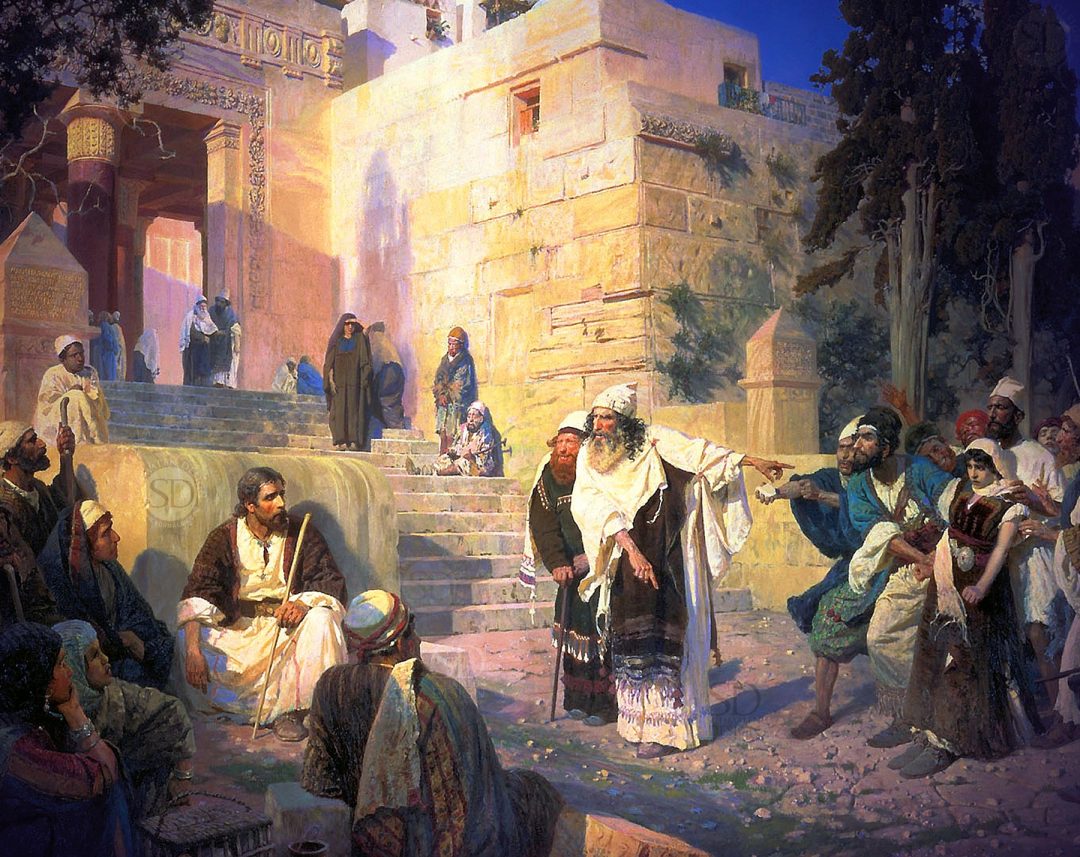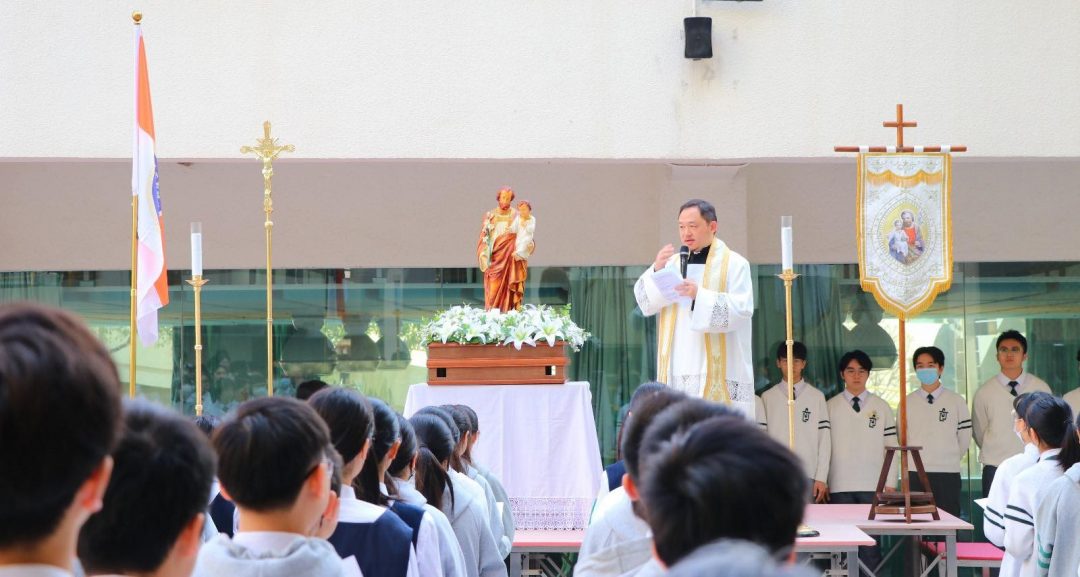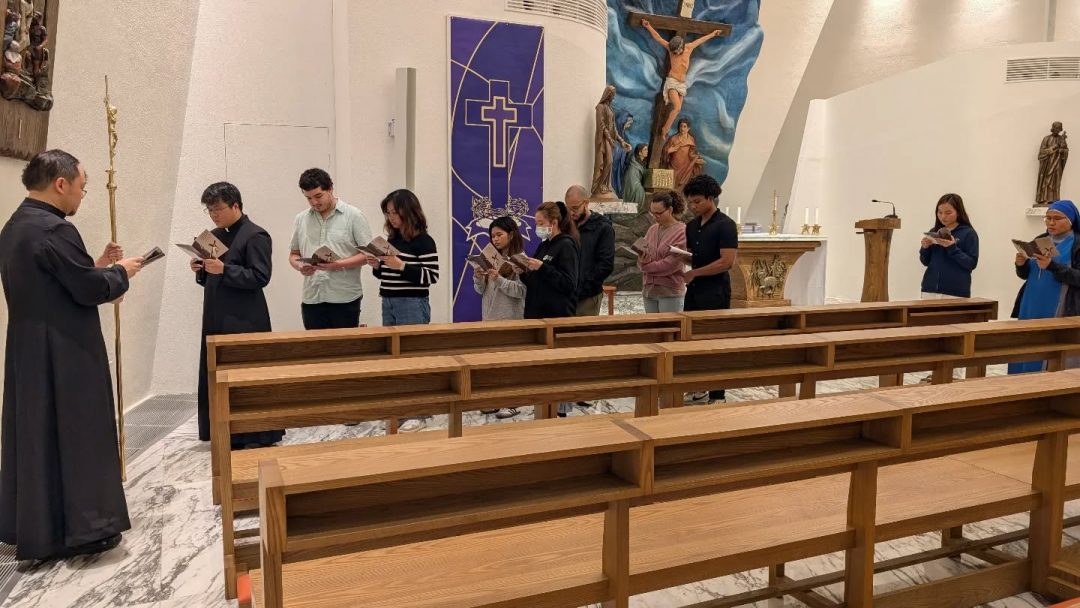– Joni Cheng
From the beginning of Christianity until about 100 AD was a time of initial growth of Christianity where there was a relative peace throughout the Roman empire and people were spiritually hungry, searching for new beliefs.
During this period, Judaism was officially recognized as a legal religion and enjoyed the protection from the Romans, while Christianity was perceived by the Roman officials as a branch of Judaism. Thus, Christianity was able to survive and grow for three decades due to these favorable social conditions.
However, with the Jewish opposition to Christ as the Messiah and the message of the Gospel, by 64 AD, the Roman officials realized that Christianity was significantly different from Judaism. Together with negative public opinion and also Christianity’s challenge to the deep-set polytheism of Rome, the Romans turned against Christianity and saw it as an illegal religion.
On July 18, 64 AD, a fatal fire raged for ten days in Rome that caused deaths and destroyed ten out of the fourteen districts in Rome. Rumors say Emperor Nero caused the fire in order to seize lands for himself and to achieve a quick urban renewal. Under the influence of the Jews, as well as to find scapegoats to deflect himself from the suspicion, Nero charged the blame to the Christians which began the wave of Roman persecution against Christians. The historian Tacitus notes: “Nero falsely charged with the guilt and punished with the most fearful tortures the persons commonly called Christians, which one of their very deaths was to set fire to, and when the day waned, burned to serve for the evening lights.” Hence, the inspiration to the famous painting of the Polish artist, Henryk Siemiradzki’s Nero’s Torches.
According to credible tradition, this was also the period in which St Peter and St Paul likely met their martyrdom in Rome under Nero. Just as St Paul wrote from prison, a letter to Timothy, anticipating his martyrdom, saying “I am already on the point of being sacrificed; the time of my departure to come” (2 Tim 4:6). It is for the shredded blood of these First Holy Martyrs that had brought forth the “witness of the truth of the faith” (CCC 2473), thus, unity in Christian charity and the survival and growth of the early Church because “the blood of the martyrs is the seed of the Church” (Tertullian). The Church continues to remember these First Holy Martyrs of the Church of Rome and honors their memorials every June 30.


 Follow
Follow


